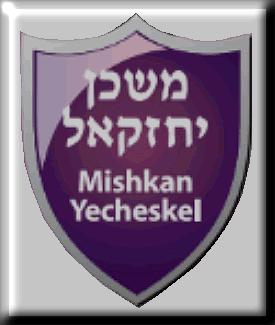- Think through your response carefully. Are you sure that the information you are about to share is totally accurate or is it, perhaps, partially or totally based on secondhand information? This requires careful consideration, since many of our impressions of other people are actually based on secondhand information, it is important to give careful thought to this question before answering. Secondhand information is permitted to be shared under certain conditions.
- Don´t exaggerate. Say only what you know to be one hundred percent true. Don´t exaggerate or embellish. Even one word of negative exaggeration is forbidden and is Motzi Shem Ra. There is a big difference between “he´s quiet” and “he´s very quiet”.
- It is crucial that your intent in transmitting negative information be for the constructive purpose of aiding a shidduch inquiry. If you are aware of important information that you know will disrupt a shidduch for someone you dislike, strive to transmit the details strictly for toeless (constructive intent), The Chofetz Chaim said that in such a situation it is incumbent on a person to at least temporarily eradicate negative feelings from his heart so that he can transmit the information with the right intention. If you can´t eradicate your negative feelings you should refer the inquirer to someone who has the same information, without the negative feelings. It is recommended that you decline to give information about a person you have dated.
- Ensure that the information is transmitted in the least harmful way possible. If this shidduch needs to be stopped, is there any way of stopping it without having to provide damaging details? Perhaps the response “I don´t think this particular shidduch would be for you” would be adequate. Only if the inquirer persists, “maybe I´ll want the shidduch anyway. Please provide me with more details. I don´t want you to be the judge.” Only then is it permissible to pass on the appropriate information (provided that all the other conditions are met) and even then, strive to keep negative information to the absolute minimum necessary. If the person requesting the information will decide not to pursue the shidduch after you transmit a small portion of the information then one must stop at that point, because any further information is not for a constructive purpose.
- Weigh the amount of harm your information is liable to cause against its benefit. If you are aware that the person to whom you are confiding the information is indiscrete and will spread the details to others outside the sphere of parties involved in the shidduch, you are prohibited by Halacha to say it. If the information is so serious that you feel the shidduch should not proceed, try to achieve that outcome through other means, perhaps by asking someone respected by the family involved to simply advise strongly against the match.
|



